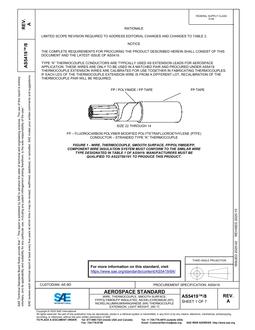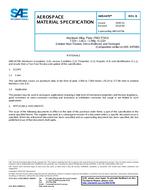This SAE Recommended Practice describes test methods for measuring and identifying the natural frequencies for the lower order modes of an inflated radial tire with a fixed spindle while expending modest effort and employing a minimum of test equipment. The methods apply to any size of radial tire so long as the test equipment is properly scaled to conduct the measurements for the intended test tire. Two types of boundary conditions are considered for the tire: unloaded and loaded against a flat surface. The test involves the performance and measurement of an input vibratory force (excitation) to the tire and the corresponding vibratory output (response). The data are suitable for use in determining parameters for road load models and for comparative evaluations of the measured properties in research and development.
-
NOTE 1—The focus of this standard is identification and reporting of the lower order natural frequencies of the tire using a simple test procedure. While higher order natural frequencies may be excited during these tests, the reliable identification of the associated mode shapes is not addressed in this document.
-
NOTE 2—Herein, road load models are models for predicting forces applied to the vehicle spindles during operation over irregular surfaces, paved or otherwise. Within the context of this document, forces applied to the road or terrain surface are not considered.
Product Details
- Published:
- 04/01/2012
- File Size:
- 1 file , 1.7 MB


